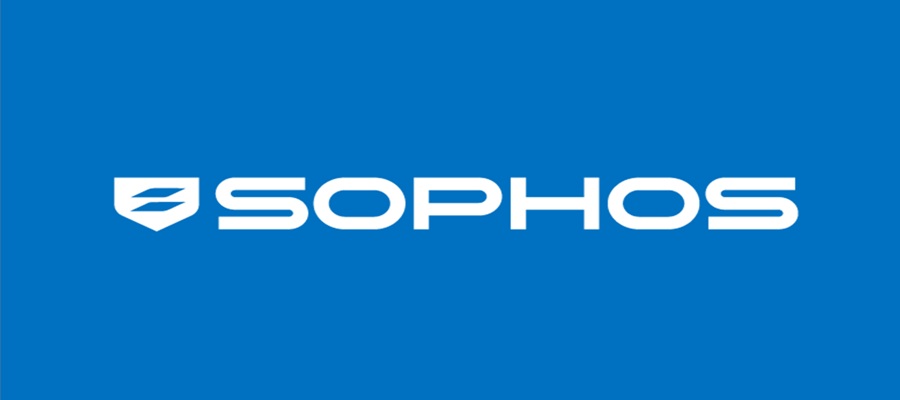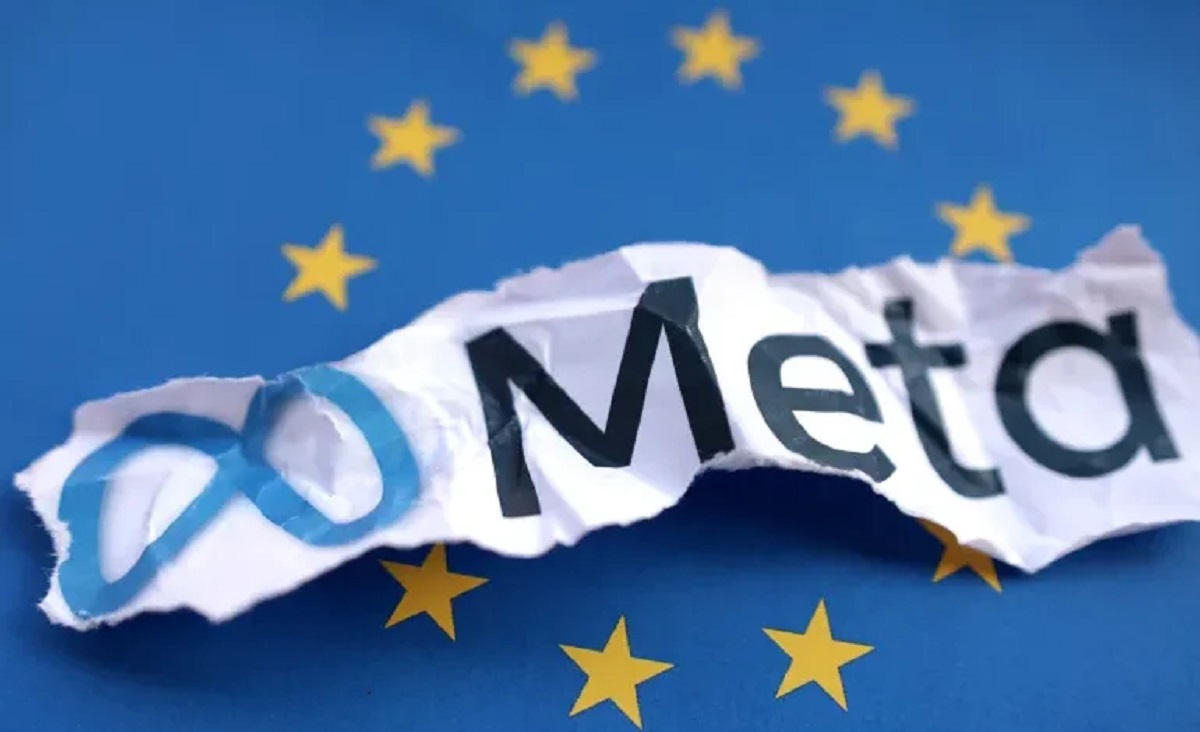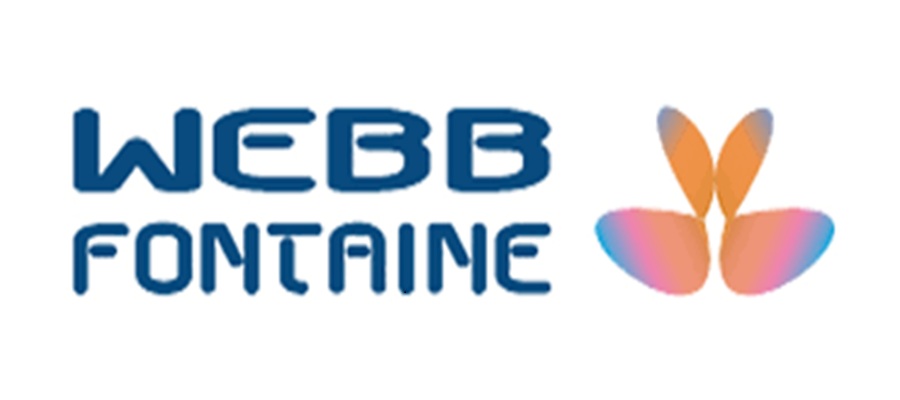Telecom
Bletchley Declaration: UK, US, Nigeria Others Unite to Accelerate Development of AI

Leading AI nations, convened for the first time by the UK and including the United States, Nigeria and China, along with the European Union, have today reached a world-first agreement at Bletchley Park establishing a shared understanding of the opportunities and risks posed by frontier AI and the need for governments to work together to meet the most significant challenges.

The Bletchley Declaration on AI safety sees 28 countries from across the globe including in Africa, the Middle East, and Asia, as well as the EU, agreeing to the urgent need to understand and collectively manage potential risks through a new joint global effort to ensure AI is developed and deployed in a safe, responsible way for the benefit of the global community.
Countries endorsing the Declaration also include Brazil, France, India, Ireland, Japan, Kenya, the Kingdom of Saudi Arabia, Nigeria and the United Arab Emirates.
The Declaration fulfils key summit objectives in establishing shared agreement and responsibility on the risks, opportunities and a forward process for international collaboration on frontier AI safety and research, particularly through greater scientific collaboration. Talks today, with leading frontier AI companies and experts from academia and civil society, will see further discussions on understanding frontier AI risks and improving frontier AI safety.
Countries agreed substantial risks may arise from potential intentional misuse or unintended issues of control of frontier AI, with particular concern caused by cybersecurity, biotechnology and misinformation risks. The Declaration sets out agreement that there is “potential for serious, even catastrophic, harm, either deliberate or unintentional, stemming from the most significant capabilities of these AI models.” Countries also noted the risks beyond frontier AI, including bias and privacy.
Recognising the need to deepen the understanding of risks and capabilities that are not fully understood, attendees have also agreed to work together to support a network of scientific research on Frontier AI safety. This builds on the UK Prime Minister’s announcement last week for the UK to establish the world’s first AI Safety Institute and complements existing international efforts including at the G7, OECD, Council of Europe, United Nations and the Global Partnership on AI. This will ensure the best available scientific research can be used to create an evidence base for managing the risks whilst unlocking the benefits of the technology, including through the UK’s AI Safety Institute which will look at the range of risks posed by AI.
The Declaration details that the risks are “best addressed through international cooperation”. As part of agreeing a forward process for international collaboration on frontier AI safety, The Republic of Korea has agreed to co-host a mini virtual summit on AI in the next six months. France will then host the next in-person Summit in a year from now. Further details on these events will be confirmed in due course.
This ensures an enduring legacy from the Summit and continued international action to tackle AI risks, including informing national and international risk-based policies across these countries.
The Declaration, building upon last week’s announcement of the UK’s emerging processes for AI safety, also acknowledges that those developing these unusually powerful and potentially dangerous frontier AI capabilities have a particular responsibility for ensuring the safety of these systems, including by implementing systems to test them and other appropriate measures.
Prime Minister Rishi Sunak said: “This is a landmark achievement that sees the world’s greatest AI powers agree on the urgency behind understanding the risks of AI – helping ensure the long-term future of our children and grandchildren.
“Under the UK’s leadership, more than twenty five countries at the AI Safety Summit have stated a shared responsibility to address AI risks and take forward vital international collaboration on frontier AI safety and research.
“The UK is once again leading the world at the forefront of this new technological frontier by kickstarting this conversation, which will see us work together to make AI safe and realise all its benefits for generations to come.”
Michelle Donelan, Technology Secretary said: “Today’s agreement, signed by attendees from across the globe, offers an important first step as we begin two days of vitally important discussions here at Bletchley Park.
“We have always said that no single country can face down the challenges and risks posed by AI alone, and today’s landmark Declaration marks the start of a new global effort to build public trust by ensuring the technology’s safe development.
“Bletchley Park marks the start of a long road ahead, and the Summit will kickstart an enduring process to ensure every nation and every citizen can realise the boundless benefits of AI”.
Foreign Secretary, James Cleverly, said: “AI knows no borders, and its impact on the world will only deepen.
“The UK is proud to have kickstarted the global discussion at Bletchley Park on how we ensure the transformational power of AI is used as a force for good by and for all of us.”
A spokesperson for the French Presidency said: “The French authorities welcome the international and cooperative work cycle launched by the AI Satefy Summit to analyse, understand and respond to the risks that certain Frontier AI models could cause. France is ready to participate in this long-term collective effort and will be happy to host the next in person Summit”.
A spokesperson for the Republic of Korea Government said: “Minister Lee is delighted that Korea will be the co-hosts of the mini virtual summit. Korea is a world leader in technologies like AI and recognises the importance of multilateral cooperation to ensure AI technologies are designed, used and governed in safe ways.”
To mark the opening of the Summit, His Majesty The King delivered a virtual address, via video to the AI Safety Summit this morning as proceedings got underway. His Majesty pointed to AI being one of the ‘greatest technological leaps in the history of human endeavour’ and hailed the technology’s enormous potential to transform the lives of citizens across the world through better treatments for conditions like cancer and heart disease.
The King also spoke of the ‘clear imperative to ensure that this rapidly evolving technology remains safe and secure’ and the need for ‘international coordination and collaboration’. The King’s address signed-off with thanks for the vital role attendees will play over the next two days, laying the foundations for a ‘lasting consensus’ on AI safety to cement its place as a force for good.
Bosun Tijani, Minister of Communications, Innovation, and Digital Economy, Federal Republic of Nigeria said: “Artificial Intelligence offers an unprecedented opportunity to appropriate knowledge more quickly and seamlessly in addressing some of our pressing socio-economic challenges. Our duty as policymakers is to ensure that our nation can participate and mainstream value creation from AI.
“As we embark on this journey to accelerating our investment in the use of AI for good, it is essential to collaborate with long-standing allies to deepen our capacity and knowledge.
Telecom
Safer Internet Day: Sophos Warns – 42% Attacks Hit Stolen Logins in 2025

Sophos, a leading provider of innovative cybersecurity solutions, shared practical advice to help internet users safeguard their credentials and maintain continuous protection online.

Sophos
According to the upcoming Sophos Active Adversary Report, compromised credentials were the leading cause of attacks (42.06%) in 2025.
This is a strong trend that continues to dominate the scene, with cyber attackers demonstrating ever-increasing ingenuity and relying on new tools to compromise the security and privacy of internet users.
John Shier, Field CISO Threat Intelligence at Sophos, said: “The way attackers are using automation and generative AI to massively increase the speed and volume of their attacks suggests that attacks will become faster and more sophisticated. The best approach to protecting our identities and digital data is to take a proactive stance on defense.”
“Criminals are increasingly targeting people rather than devices, and this trend is expected to continue and even accelerate. Once again, AI is being used as a weapon to create highly detailed phishing lures to entice people to disclose passwords or financial information through well-designed emails, text messages, and WhatsApp messages.”
1. Keep your devices up to date: the most important and simplest measure you can take to protect yourself in the long term.
Cybercriminals are constantly on the lookout for computers that don’t have all the latest security patches, making them easy targets for compromise. This includes computers, laptops, smartphones, tablets, and home Internet/Wi-Fi routers. In most cases, you just need to click “Check for Updates” or “Update Now” and allow the device to restart.
2. Use a password management tool, whether it is built into an operating system or a third-party tool.
Password uniqueness and complexity are then managed automatically, greatly facilitating account isolation and protection.
3. Enhance protection with phishing resistant (MFA).
Many websites offer the option of using an “authentication app,” a smartphone app that displays a unique code for a short period of time, which must be entered after the password, making it much more secure than simply using a password.
Better still, there is a new solution called “passkeys,” which generally uses biometric authentication on your smartphone (face scan, fingerprint) to log in without any password. This is the best choice when available.
John Shier concludes: “Criminals will never stop trying to steal from us, so we must remain vigilant. We know that they are constantly improving and becoming more skilled at deceiving us, so it’s up to us to move forward and improve our protections to stay safe.”
For more information, please visit: https://www.sophos.com
Telecom
EU Eyes Interim Ban on Meta’s WhatsApp AI Restrictions

European Union has launched a formal challenge against Meta Platforms over a new policy restricting third-party artificial intelligence tools on WhatsApp.

Meta
Regulators accuse the U.S. tech giant of abusing its dominant position in the messaging market to favor its own AI assistant.
On January 15, Meta implemented changes to the WhatsApp Business API, allowing only its proprietary Meta AI to operate while blocking rival chatbots.
The European Commission quickly responded with a statement of objections and announced plans for interim measures to prevent “serious and irreparable harm” to competitors during the ongoing investigation.
EU antitrust chief Teresa Ribera stressed the need to safeguard competition in the booming AI sector. “We cannot allow dominant tech companies to illegally leverage their dominance for an unfair advantage,” she said.
Interim steps could force Meta to restore access for third-party AI tools on WhatsApp pending the probe’s outcome.
Meta defended the policy, insisting the WhatsApp Business API serves business-to-customer needs, not general AI distribution.
A spokesperson highlighted alternatives like app stores, devices, and websites for other AI options, rejecting claims that the API is essential for chatbots.
This dispute echoes actions elsewhere: Italy restricted Meta similarly last December, while Brazil recently lifted a comparable court order.
As AI integrates deeper into daily apps, the EU’s moves signal heightened scrutiny on tech gatekeepers.
Telecom
Webb Fontaine Unveils AI Customs Revolution at WCO Abu Dhabi Summit

Webb Fontaine has launched Webb Fontaine Zerø, a groundbreaking AI-powered Customs platform, at the 2026 WCO Technology Conference in Abu Dhabi, drawing over 1,500 delegates from 100+ countries.

Webb Fontaine
CEO Alioune Ciss unveiled the LLM-based concept during the keynote, calling it a “complete reset” from legacy systems – embedding AI across operations for real-time regulatory adaptation, risk management, and trade facilitation under the theme “Customs Agility in a Complex World.”
CTO Ara Shamirzayan led panels on AI risk analytics, while GM Anicet Houngbo moderated border digitalization talks showcasing emerging market successes.
The firm’s stand hosted Zerø demos, interactive sessions, and a sponsored gala dinner, reinforcing WCO ties via SAFE Framework and PSCG contributions.
Webb Fontaine eyes global partnerships to deploy agile, future-proof Customs tech amid rising trade demands.

 E-Financial2 days ago
E-Financial2 days agoAlawuba Advocates Security, Bankable Projects, Infrastructure Development to Promote South-East Vision

 E-Financial1 day ago
E-Financial1 day agoCBN Expresses Concern Over Foreign Investments in Nigeria Fintechs

 Telecom1 day ago
Telecom1 day agoNCC Committed to Regional Digital Integration – Maida

 General News1 day ago
General News1 day agoIndigenous Firm Deploys 400,000 Smart Electricity Meters in 2025

 E-Financial1 day ago
E-Financial1 day agoBOI Secures CBN Nod for Sharia Banking, Unlocks Ethical Funding Boom

 Telecom1 day ago
Telecom1 day agoITU Top Director Visits NITDA, Boosts Nigeria’s Digital Literacy Push

 E-Financial1 day ago
E-Financial1 day agoUBA’s Easy and Instant Account Opening Thrills Returnee

 News1 day ago
News1 day agoEFInA Unveils Research Fellowship Programme to Deepen Financial Inclusion Impact



























